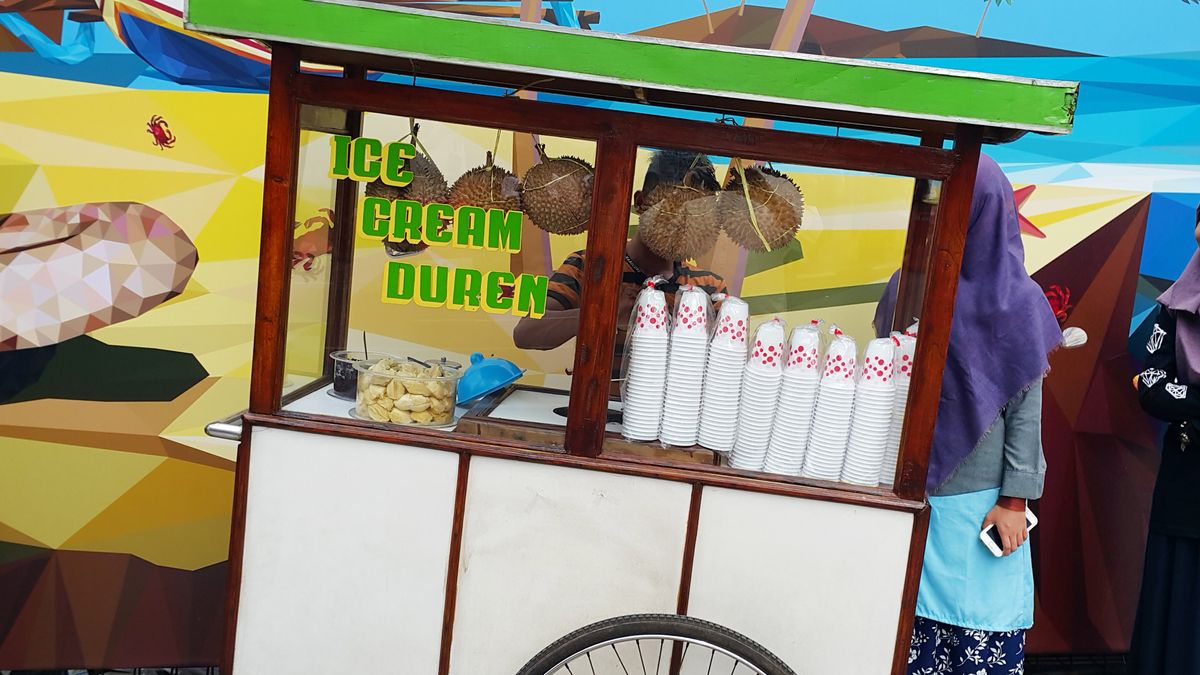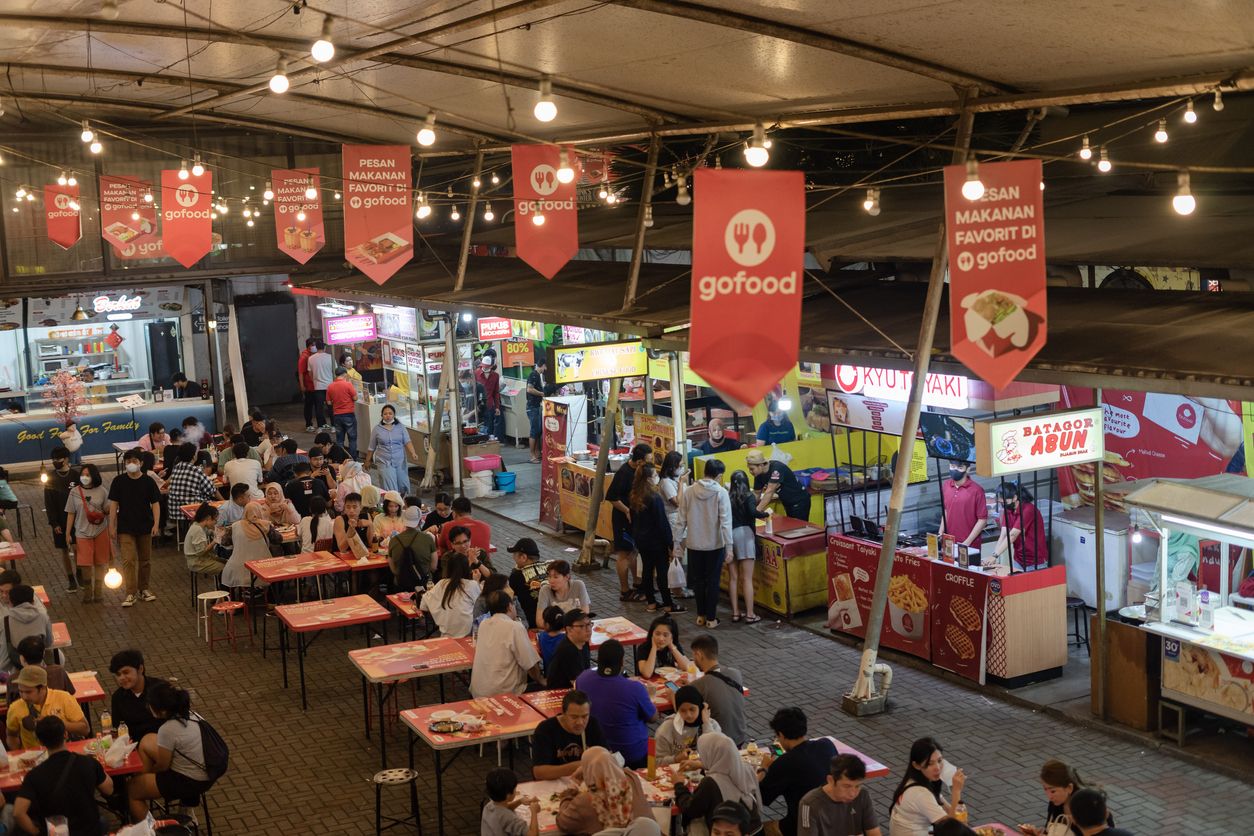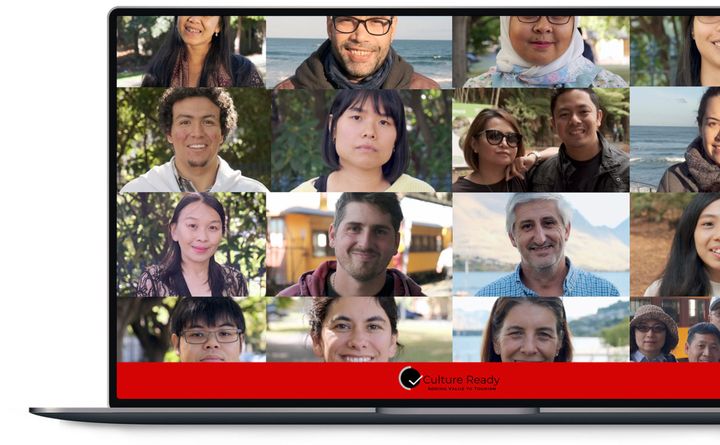Empowering microentrepreneurs: stories from Bandung
What does success mean to microentrepreneurs in the food streets of Bandung, Indonesia, and what does it tell us about empowerment in the tourism and hospitality industries? University of Otago Tourism PhD graduate Dr. Taufik Abdullah Zoomed into his hometown to find out.

What does success mean to microentrepreneurs in the food streets of Bandung, Indonesia, and what does it tell us about empowerment in the tourism and hospitality industries? University of Otago Tourism PhD graduate Dr. Taufik Abdullah Zoomed into his hometown to find out.
Grilled chicken and lamb skewers roast over the hot coals of an open barbeque. A few metres along the road fried dumplings are served coated in a spicy peanut sauce, while a nearby vendor dishes up steaming bowls of nasi goreng. This is street food in the city of Bandung - not only the capital of Indonesia’s West Java province, but one of the street-foodie capitals of the world.
Recent Otago University Tourism PhD graduate Dr. Taufik Abdullah has always loved his native city’s abundance of authentic Indonesian cuisine. As a student of both tourism and food production management, he envisaged a future for Bandung where visitors would come specifically to seek out “authentic culinary experiences on the street, as they might do a Michelin-starred restaurant in New York or Paris.”
He believed there must be a way to empower street food vendors using the principles of culinary tourism and so set out to write a doctoral thesis that would show them exactly how to do it.
There was only one problem: in positioning Bandung’s street food vendors as the main attraction he was forced to ask a critical question – what did the vendors themselves want?
“Every time I bought street food I wondered about them,” says Dr Abdullah. “How was their family and business wellbeing, and did they have enough food to eat themselves?”

Understanding the why of street vendors
As Dr. Abdullah demonstrates in his research, Bandung’s street food vendors hail largely from a low-socio economic background and are often discriminated against. It was his “deep sense of empathy with them” that caused him to flip the lens on his subject.
Rather than a top-down approach to empowering these micro-entrepreneurs via an academic framework, Dr. Abdullah devised a new way of looking at empowerment by interviewing vendors about what success looks like to them. The results of his thesis The empowerment of survival entrepreneurs, a case study of Indonesian street food vendors are revelatory and expand the Western understanding of successful entrepreneurship beyond mere profit.
Understanding the cultural context of success is important, says Dr. Abdullah’s thesis supervisor, and co-author of several recent journal articles, Dr. Craig Lee, of the University of Otago's Department of Tourism.
“Research on entrepreneurship needs to cut across different cultural contexts. Because every context has its own unique characteristics, there is no one template for success across all settings. To make a real difference, what’s really important is to understand the depth of those nuances,” says Dr. Lee.
Hitting the streets to understand success
Dr. Abdullah has since returned to his hometown, where he teaches tourism management at the Universitas Pendidikan Indonesia. But he conducted his research during the COVID-19 pandemic from Dunedin. Zoom enabled him to interview Bandung’s street food vendors, even if not makan (eat) his beloved food with them. Instead, a Bandung-based fieldwork assistant approached street vendors with a laptop in hand, with Dr. Abdullah ready to talk virtually.
There were challenges of course. Traffic noise caused as many difficulties as finding the right time to interview these hardworking and time-poor individuals. One interview even took place at midnight, as the interviewee wound down from a long day of cooking. The quest was to understand the vendors’ motivations – what kept them going as they served up their specialities, day after day and night after night?

For Bandung’s street vendors, success comes in varying forms – having money to spend is just one of these. It also manifests as the ability to enjoy certain freedoms, like running a business without conforming to specific time schedules. It allowed vendors to provide for their families, send their children to school and develop relationships with their customers. Pride in what they do was a consistent mark of success for many.
The teachings of Islam played a significant role in the street food vendor’s sense of empowerment, says Dr. Abdullah. Many vendors described a motivation to work productively and contribute to society, which in Islam is considered its own form of worship.
A new approach to empowering microentrepreneurs
Dr. Abdullah’s research concluded that if we really want to help to empower micro-entrepreneurs, “we can’t enforce what is best for them and define what their definition of success is.”
His own appreciation for street food vendors worldwide has led Dr. Abdullah to view their social importance as much greater than simply providing sustenance. In Dr Abdullah’s eyes, these people are true entrepreneurs. It’s their appetite for risk and their willingness to overcome the challenges and barriers of social status and prejudice, that ultimately changes the definition of business as a venture undertaken entirely for profit.
The importance of empowerment reaches beyond the food vendors of Bandung, to microbusiness and tourism globally, believes Dr. Abdullah.
“There are many marginalised actors in tourism industries. Instead of focussing on one particular group to be ‘empowered’ by the higher institutions, we have to analyse the destination itself and identify who exactly is being marginalised. To increase their power, we have to truly understand what their definition of success is, and how they want to achieve that.”
Find out more:
Abdullah, T. (2022). The empowerment of survival entrepreneurs: A case study of Indonesian street food vendors (Doctoral dissertation, University of Otago).
Taufik Abdullah, Craig Lee, Neil Carr, Defining success and failure in the hospitality industry's microenterprises: A study of Indonesian street food vendors, International Journal of Hospitality Management, Volume 109, 2023
* Quotes in this article may have been edited for clarity and brevity. The views expressed in this article do not necessarily represent the views of the Centres of Asia-Pacific Excellence.



